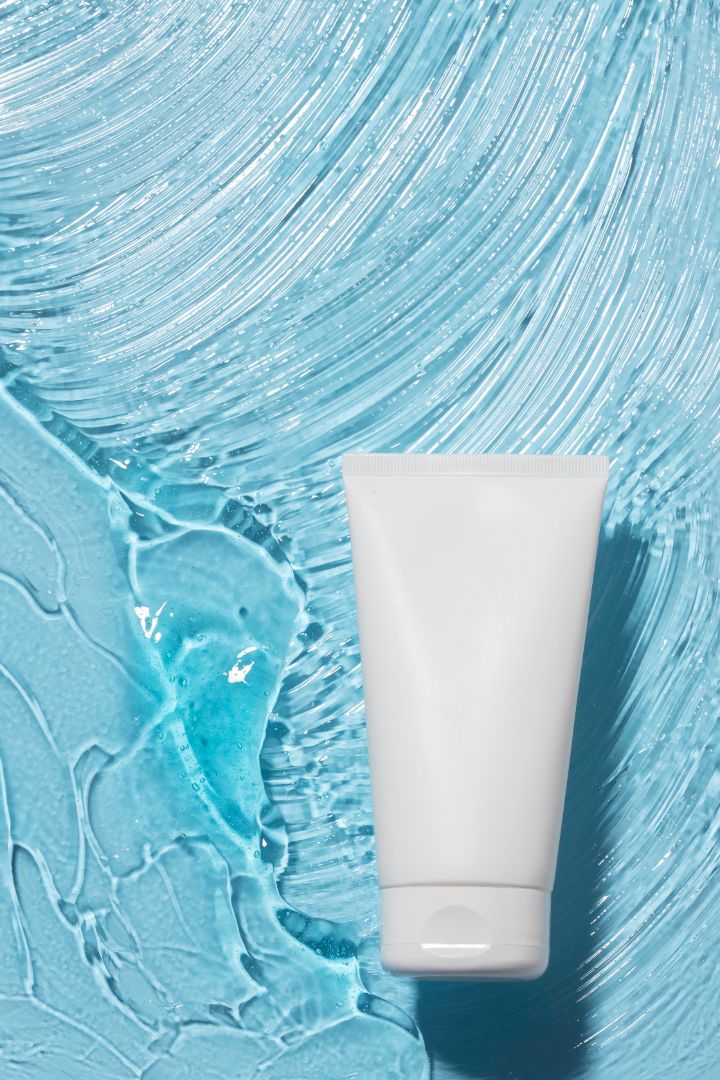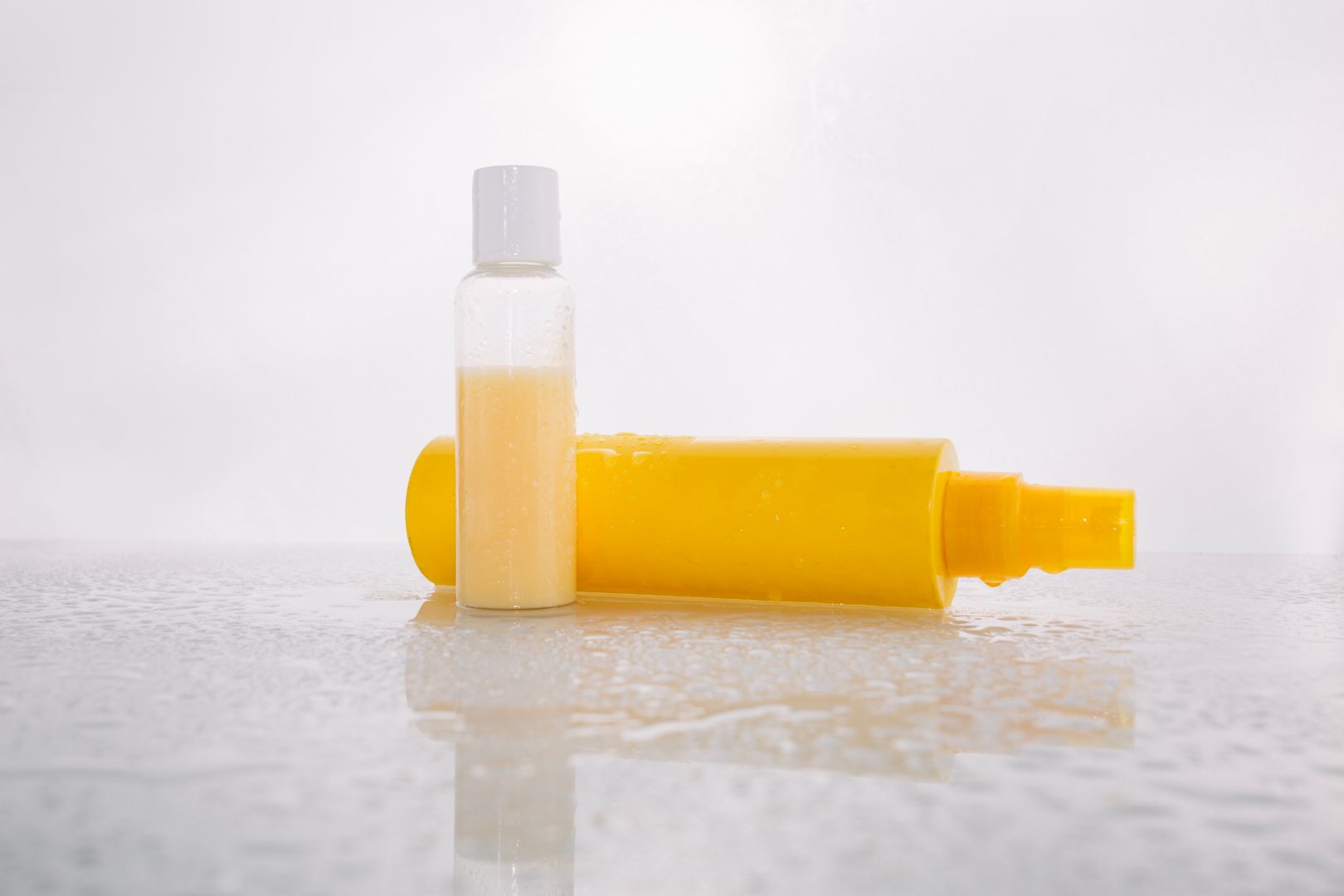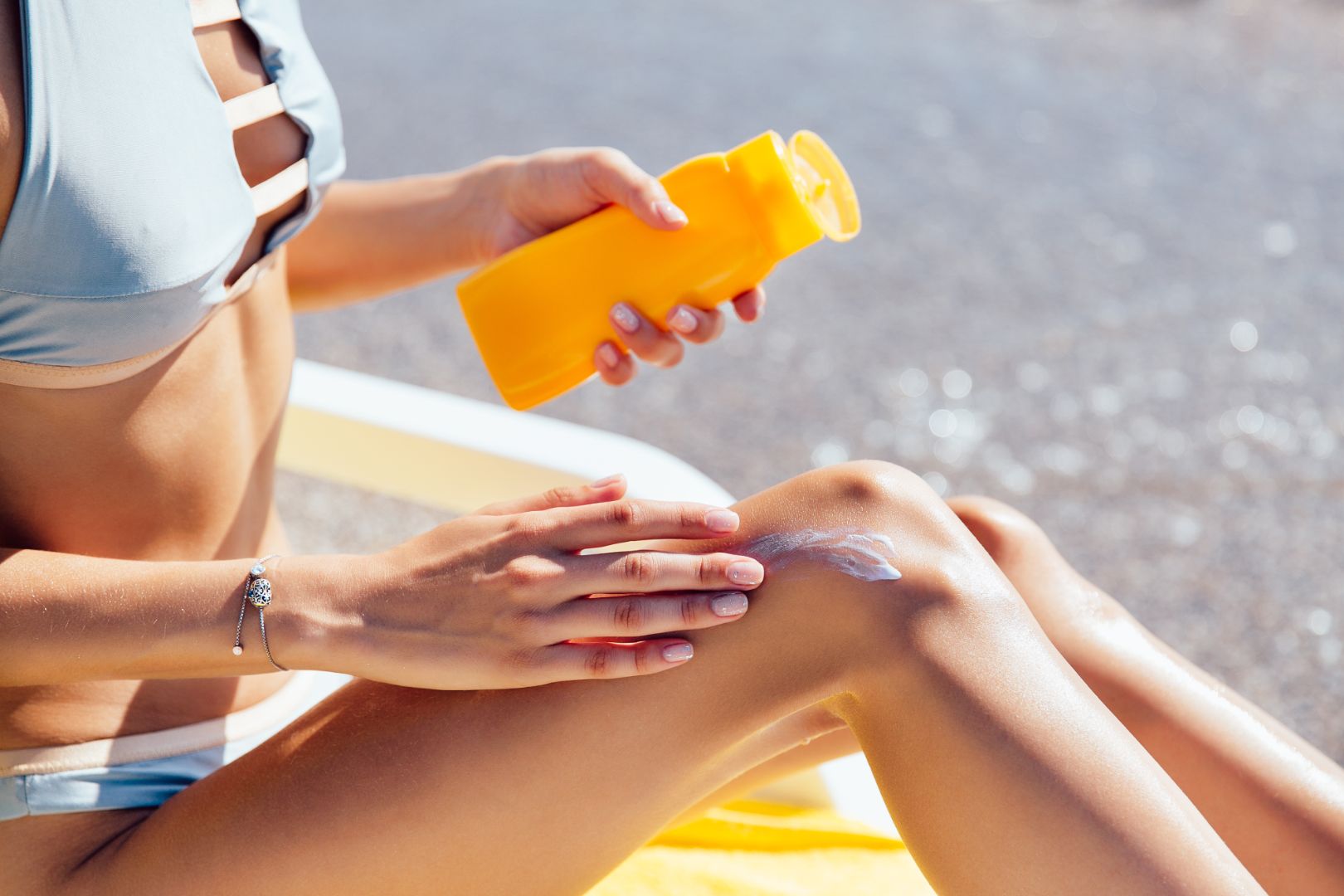
Sunscreen Gels Vs Creams: Which One Should You Pick In 2024
Sonam SiddiquiHighlights
Introduction
Summer is almost here, the perfect time to soak in the warm caress of the soaring sun BUT wait! Before you hit the park or go to the beach, are you stuck in the perpetual loop of choosing the best sunscreen for your face and body? Selecting the best sunscreen cream can seem like a daunting task since you are exposed to a plethora of options ranging from gel sunscreen, tints, sprays and lotions! Could seem a bit overwhelming! We are all aware that applying sunscreen is essential for the health and glow of your skin, but choosing the right formula can make a world of a difference. Let’s make your summer life a bit simpler as we break down the Gel VS Cream debate and help you find your perfect sun shield!

Best Sunscreen for Face: Gels vs. Creams
Who would expect a face off between gels and cream sunscreen in the skincare aisle? Both the formulations offer equal protection from the harmful rays of the sun but ultimately it all comes down to your personal preference and skin type. Let’s dive into the depths of both the formulations and see which one reigns supreme for your summer shenanigans.
It is important to ask these five questions when it comes to selecting the best sunscreen for your face:
- What is the level of SPF?
- How is the consistency of the product? Is sunscreen good for skin?
- What kind of finish does it leave on the skin post application?
- Is it a chemical or physical sunblock?
- What skin type does it suit?
Let’s give you a low down of both gel sunscreen and cream sunscreen to help you choose the one perfect for your skin type.
- Texture & Feel: Gel sunscreens are lightweight in texture, non-greasy, non-comedogenic that can easily penetrate into the skin without leaving any white-cast. This water-based formulation is ideal for sensitive, acne-prone skin since it does not clog pores resulting in breakouts.
- Creamy sunscreens are heavier in texture, could feel a little sticky but gives your dry skin intense hydration while offering a creamier feel. Due to their moisturising properties these sunscreens are less likely to irritate your skin that could lead to any kind of inflammation or redness on the face.

- Absorption and Finish: Gel sunscreens for oily skin is ideal because they penetrate quickly into the skin due to its lightweight nature and water composition. It leaves a matte finish without leaving any shiny shield on the surface.
- Cream-based sunscreens take a little longer to penetrate into the skin and could even leave a white-cast. However, it is ideal for people battling dry skin by offering immediate relief from itchiness and irritation. It deeply hydrates the skin, however some might find it a little greasy.

- Suitability for Skin Types: Skincare products for Oily skin or people with high chances of breakouts usually opt for gel sunscreens to avoid clogging pores and sticky feel. Sunscreen for combination skin should also be gel based due to its quick absorption rate and hydrating properties.
- People with dry skin should always pick a creamier texture best sunscreen cream that gives them intense hydration, nourishment and protection.
- Ingredient Considerations: Both the sun protection creams offer broad spectrum protection, i.e. it protects your skin from the harmful UVA and UVB rays. Choosing a high SPF cream also plays a positive role in shielding your skin from the harsh rays of the sun.
- In gel sunscreens beware of the active ingredients that could dry out your skin.
- With creamier sunscreens, peel the back of the label and check for non-comedogenic ingredients to avoid clogging of pores.
Choosing Your Champion: Best Sunscreen for Face
Whether you choose a gel based or cream based sunscreen it all cripples down to your personal preference, skin suitability and SPF eligibility. Both the sun protection creams offer adequate coverage and protection but the one defining difference is its texture and feel.
Gel sunscreens are lightweight while creamy ones are thicker and take longer to penetrate. However, the best sunscreen creams are a big boon for people with extremely dry skin.
Remember, the best sunscreen for your face is the one you'll wear and apply consistently, the one that doesn't leave behind a white cast, is more skin-friendly and protects your skin effectively. Here are some additional factors to consider when choosing:
Skin Type:
- face sunscreen for oily skin /Acne-Prone: In the quest for sunscreen for combination skin always opt for lightweight, oil-free gels.
- Dry: Choose hydrating and the best sunscreen creams.
- Sensitive: Look for fragrance-free, gentle formulas (both gels and creams can be suitable).

- Desired Feel: Your preference for a lightweight, matte finish (gels) or a richer, more hydrating feel (creams)
- Activity Level: For intense sweating or water activities, choose a water-resistant sunscreen (available in both gel and cream formulas).
- Personal Preference: Texture, finish, and scent can all play an important role. Experiment with different options to find what you like best and give you the maximum protection.
Beyond the Bottle: Best Sunscreen for Face Protection Tips
While choosing the best sunscreen for your face is just one piece of the summer puzzle. There is a lot more that goes behind strengthening your summer protection arsenal. Here are some of the sun protection practices that one can follow for that extra care and protection.
- Seek Shade: The sun's rays are strongest between 10 am and 4 pm. Whenever possible, take refuge under umbrellas, trees, or canopies. Basking in the sun for a long period of time isn't the ideal situation at all times.
- Shield Your Skin: Clothing provides a physical barrier against UV rays. Opt for wide-brimmed hats, sunglasses that block UVA and UVB rays and offer that extra layering of sun protection.

- Reapplication is Key: Even the most water-resistant sunscreen needs to be reapplied regularly. Experts recommend reapplying sun protection creams every two hours, and more often if you are participating in any strenuous activities.

Conclusion
So, gels or creams? The dilemma finally comes to an end. Both the sun protection creams offer sun protection, but they cater to different needs. Gel sunscreens are lightweight and ideal for oily skin, while creams provide hydration for dry skin types. Consider your skin type, desired feel, and activity level to pick your champion.
Remember, the spf 35 sunscreen is the one you'll wear consistently. Explore your options, experiment with different textures and finishes, like gel sunscreens, avobenzone sunscreens, tints, sprays but don't forget to reapply regularly! With the right sunscreen and some additional sun safety practices, you can embrace the gentle breezes of a luminous summer.




